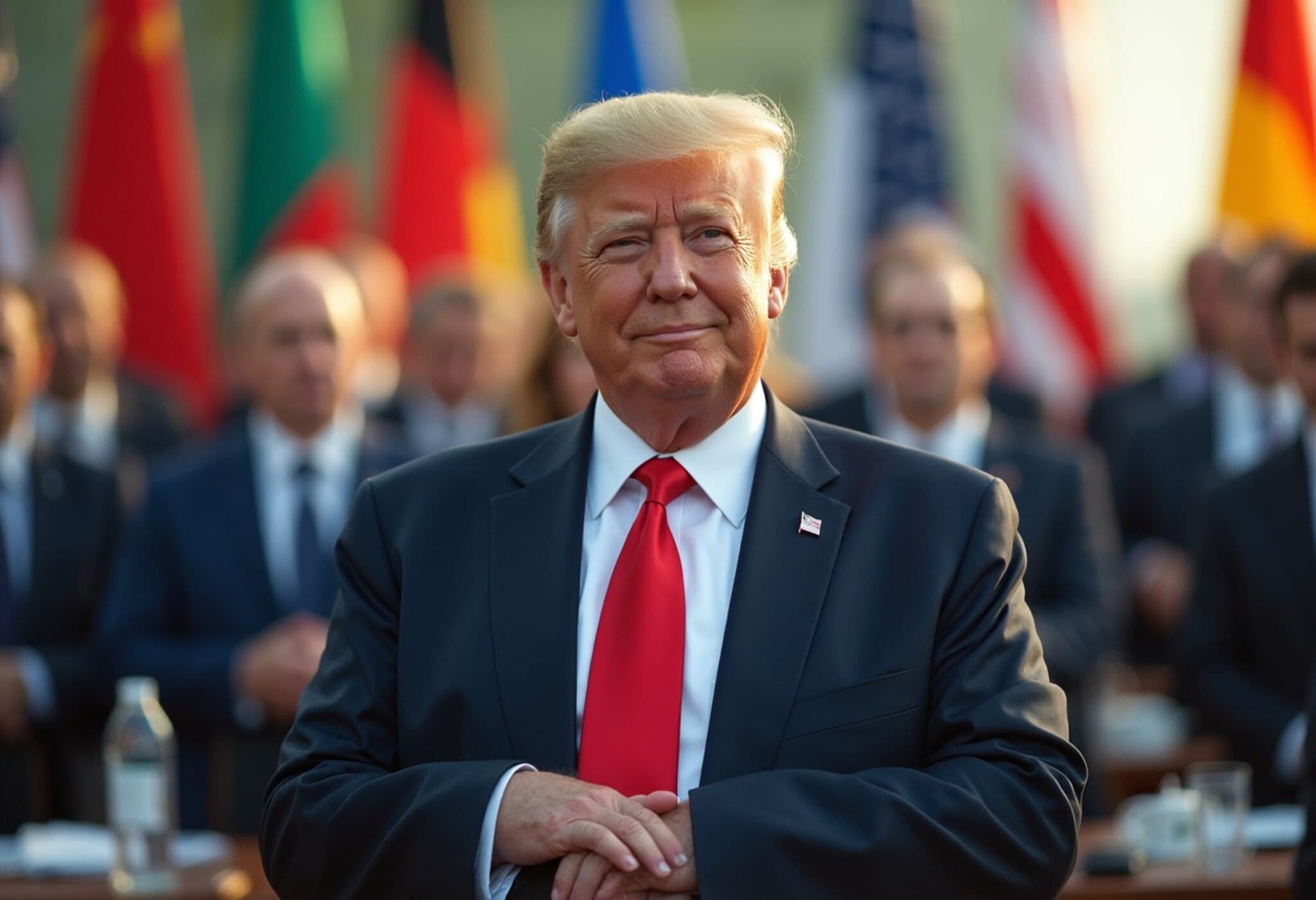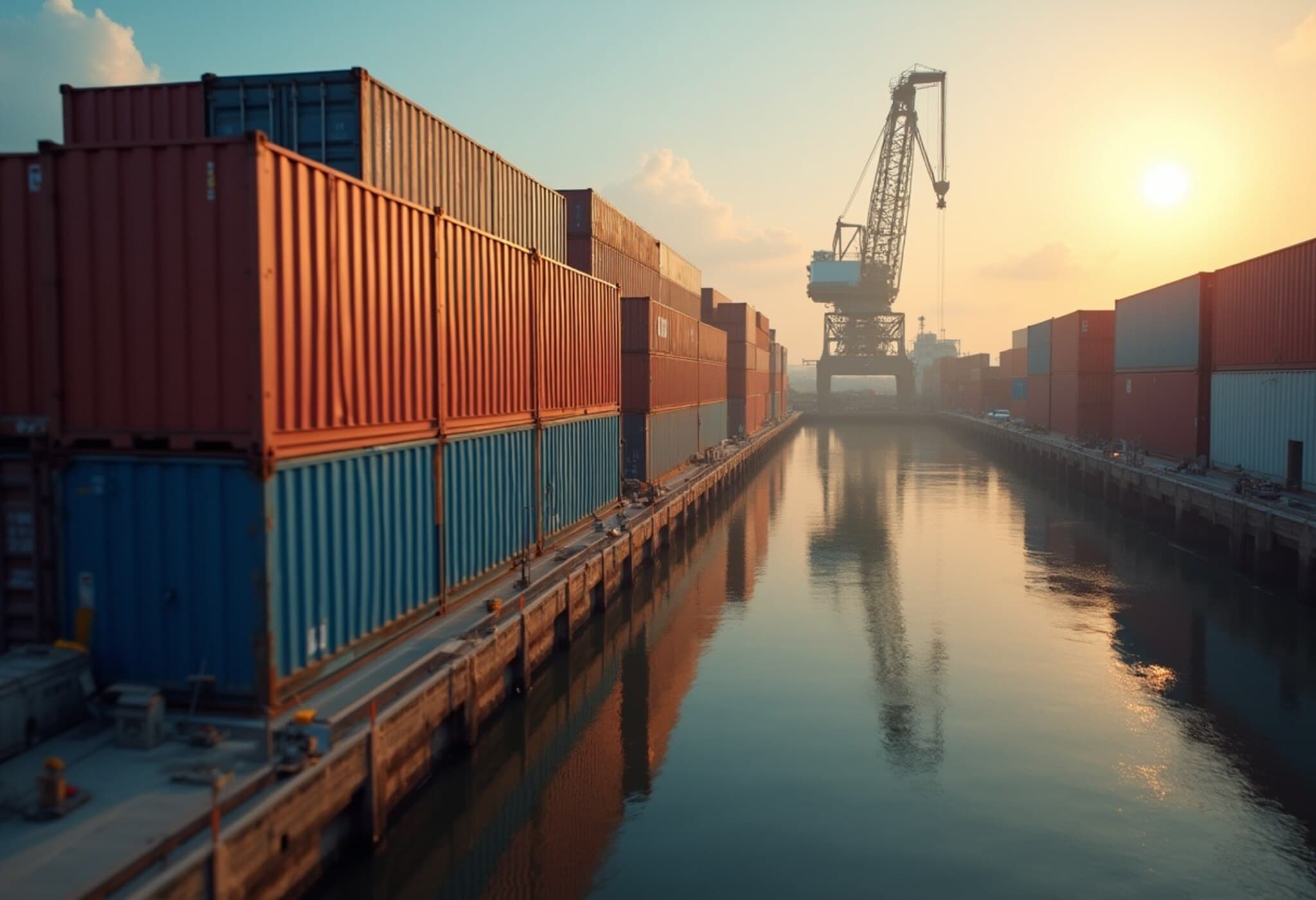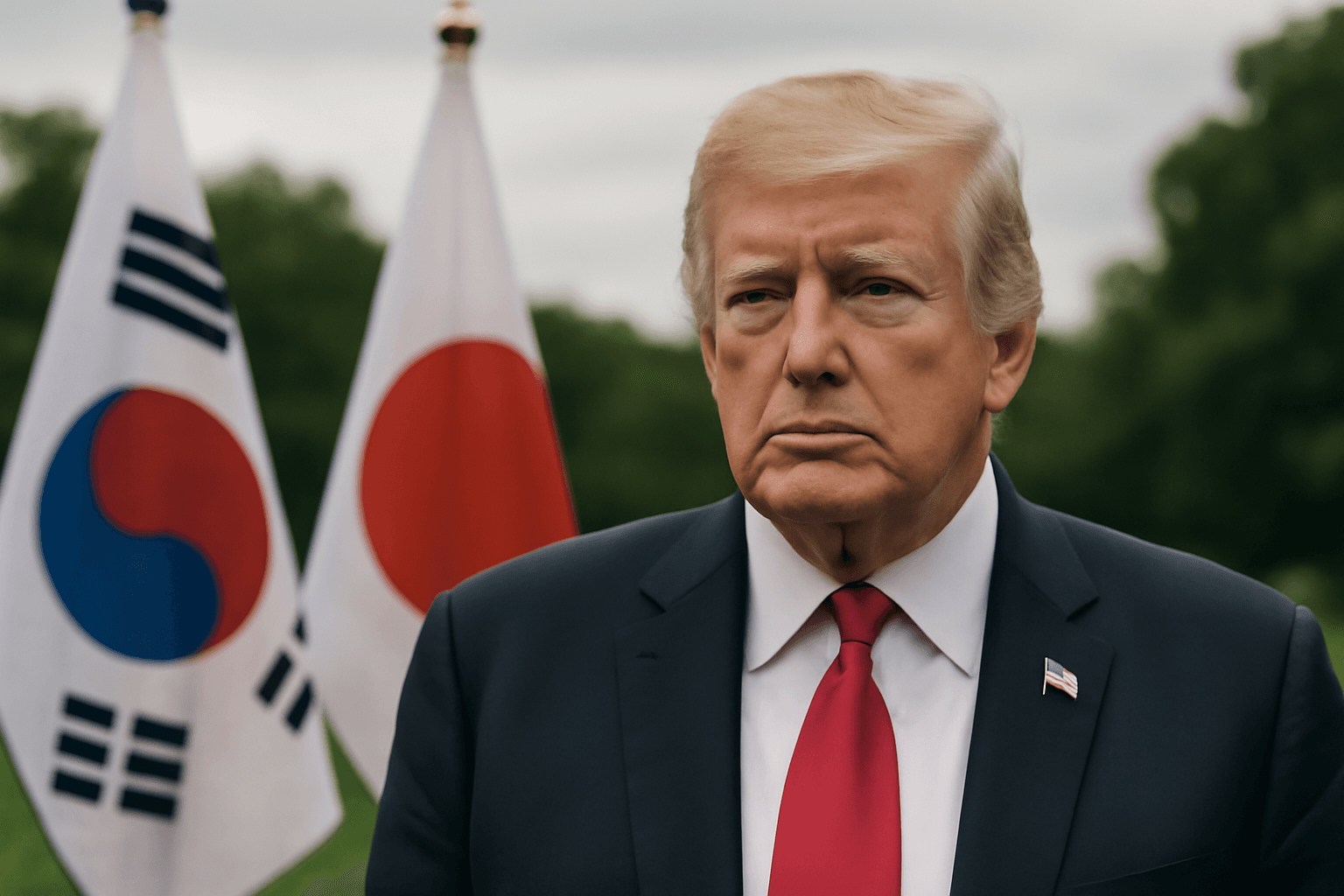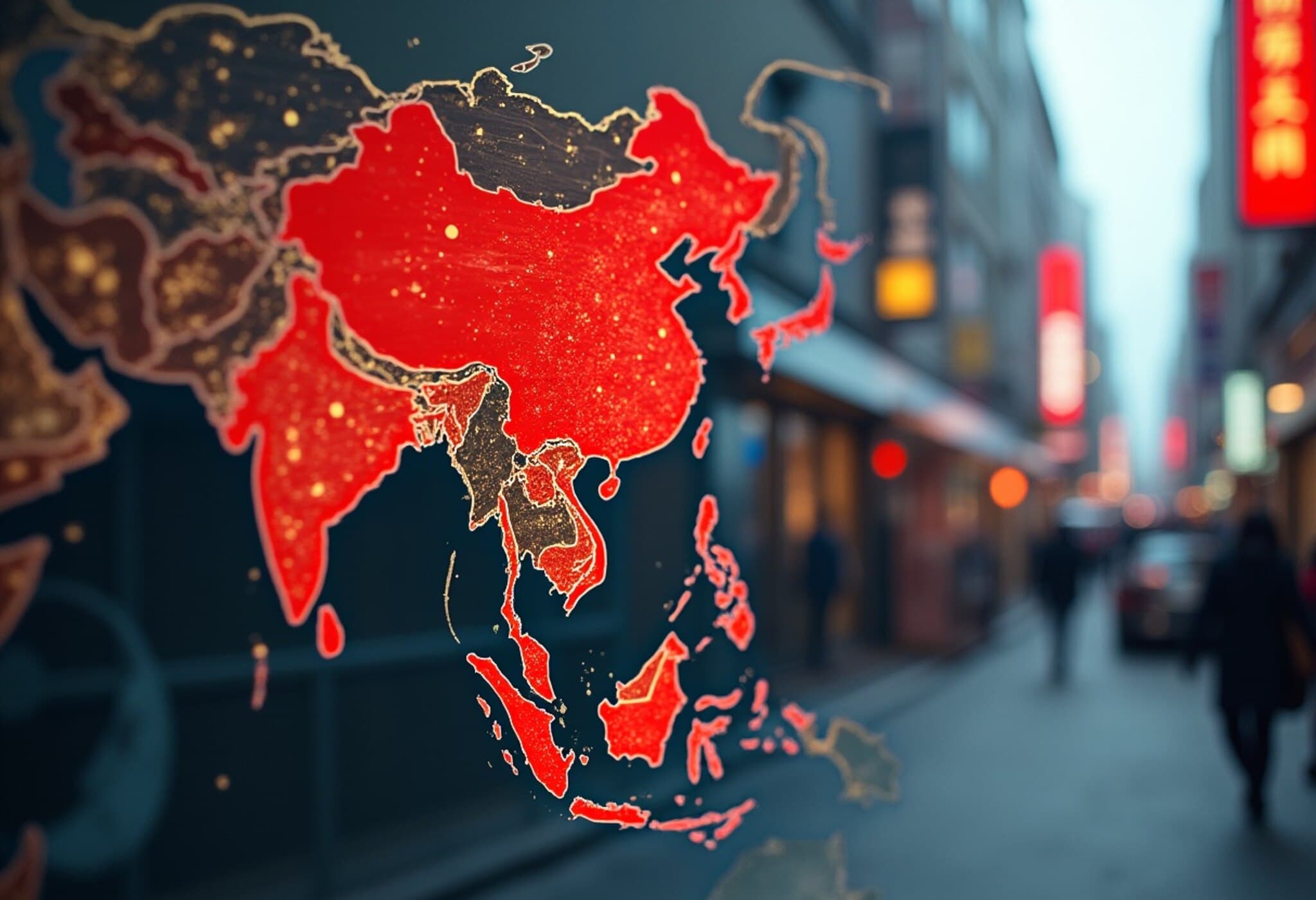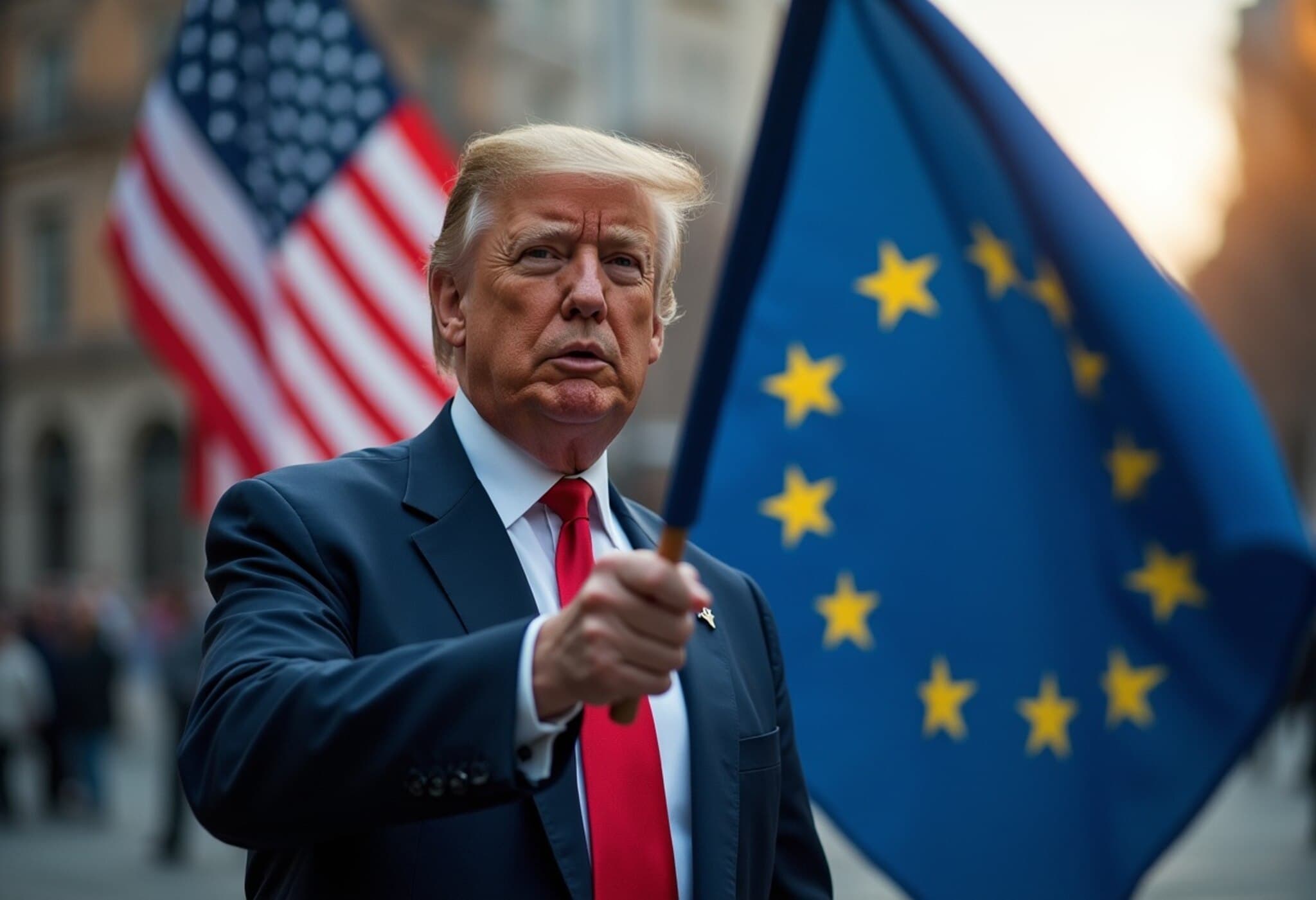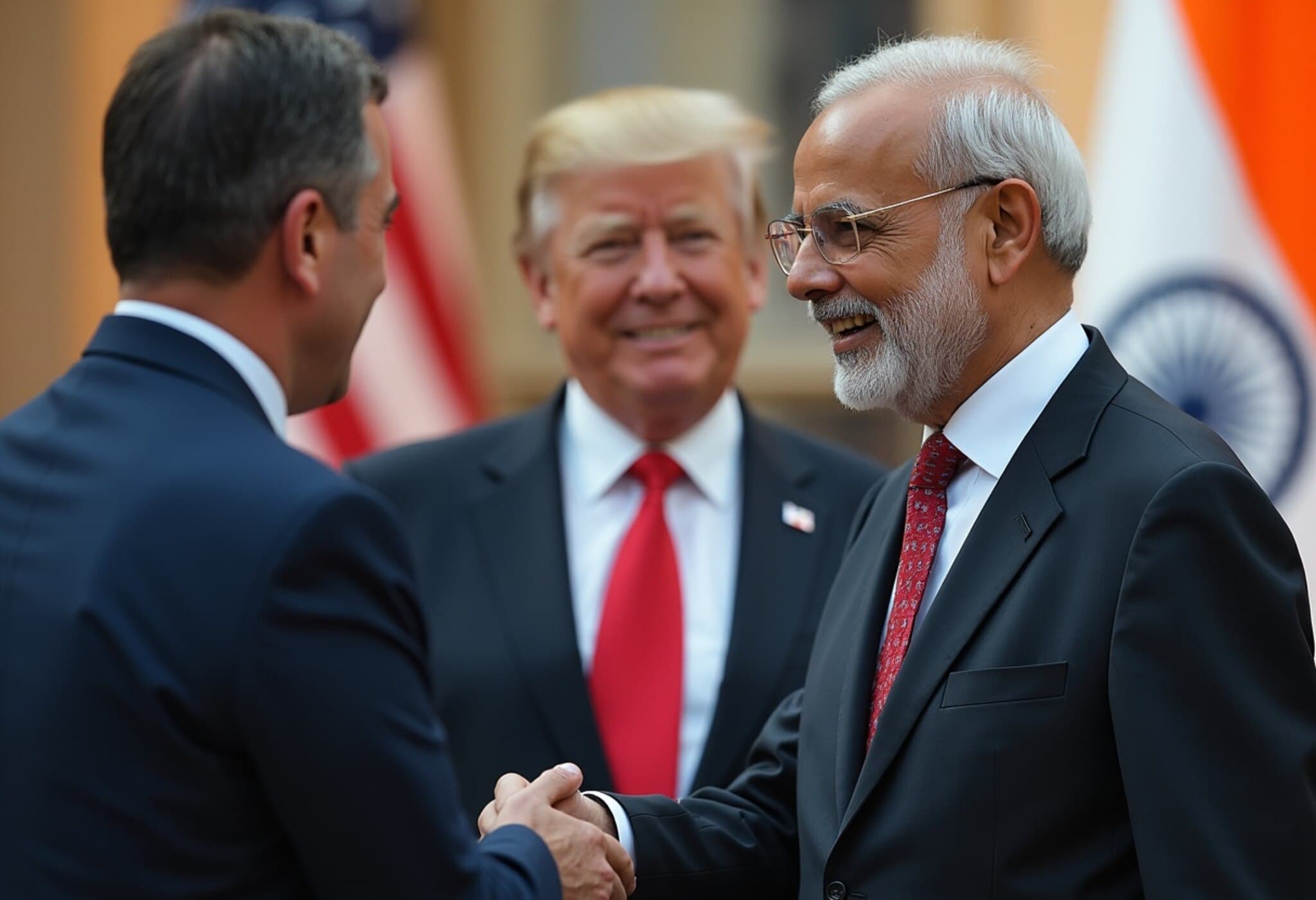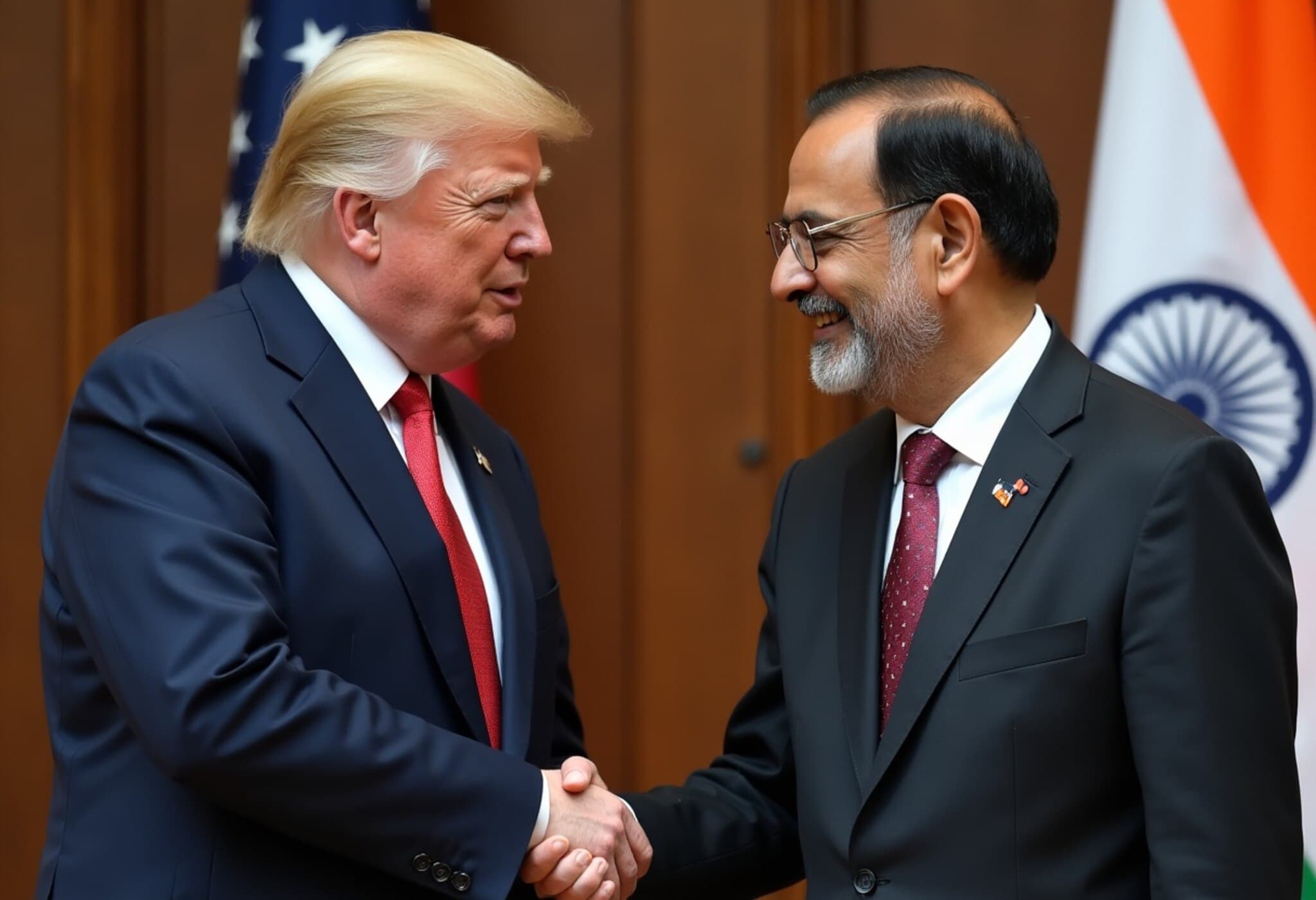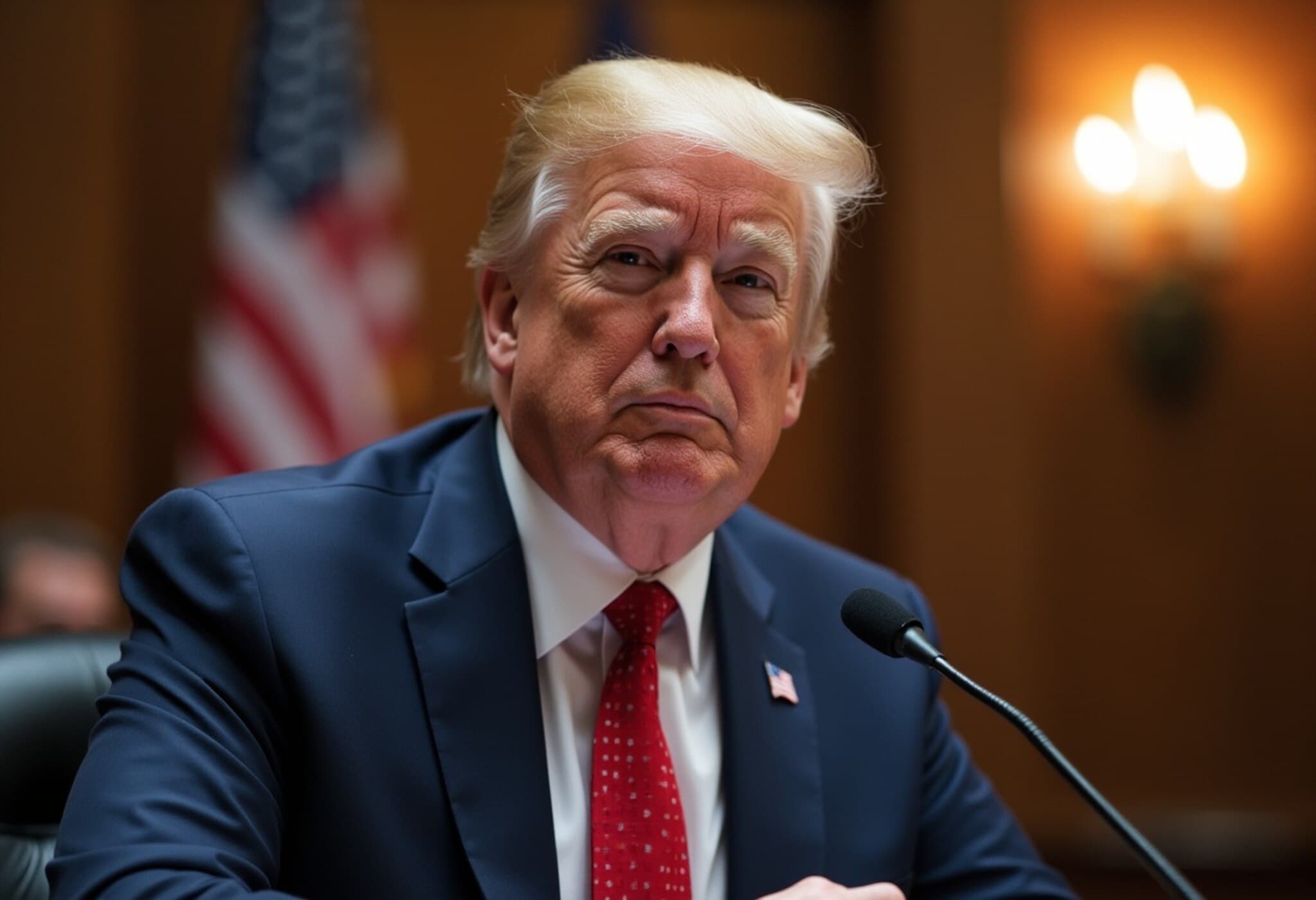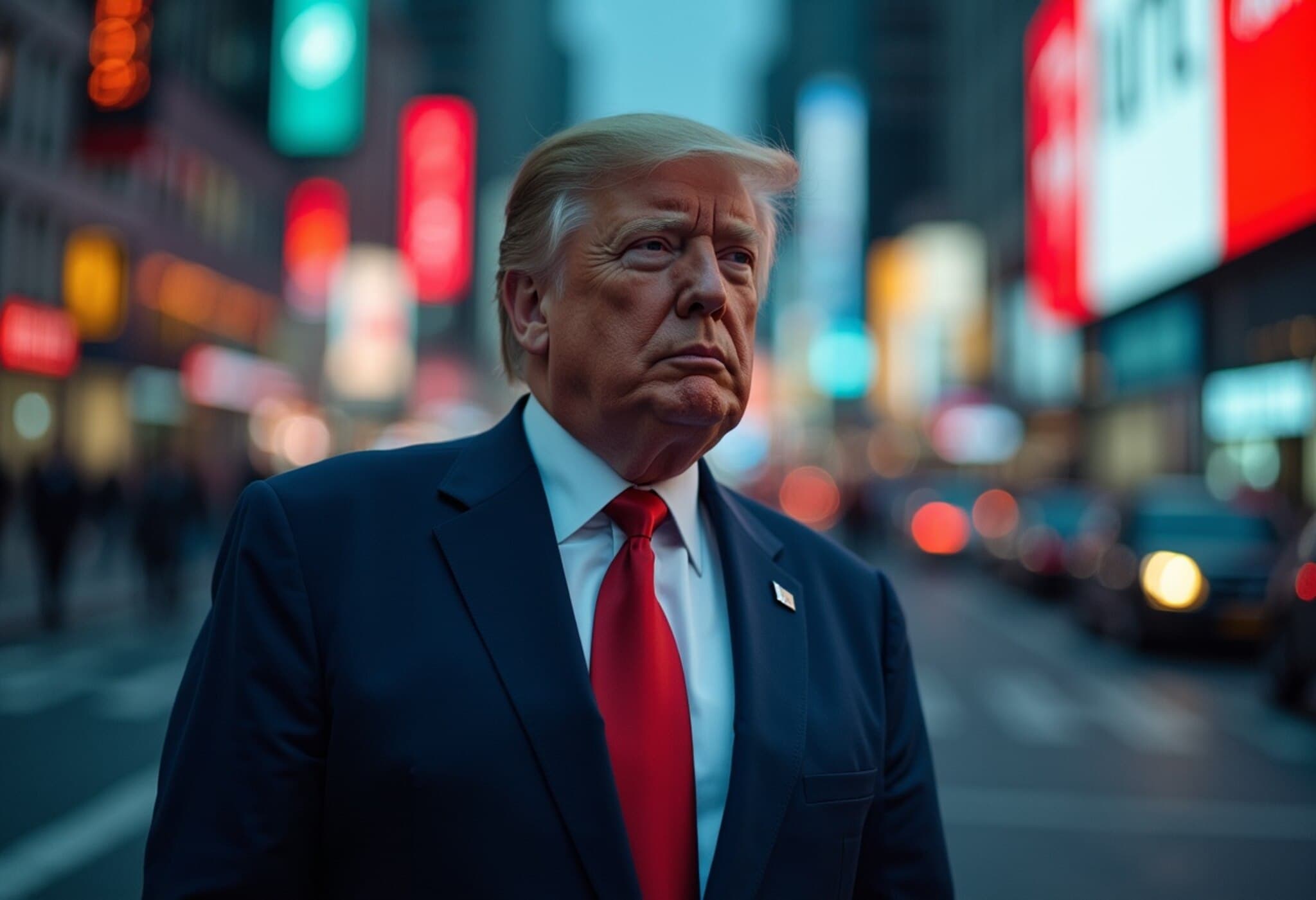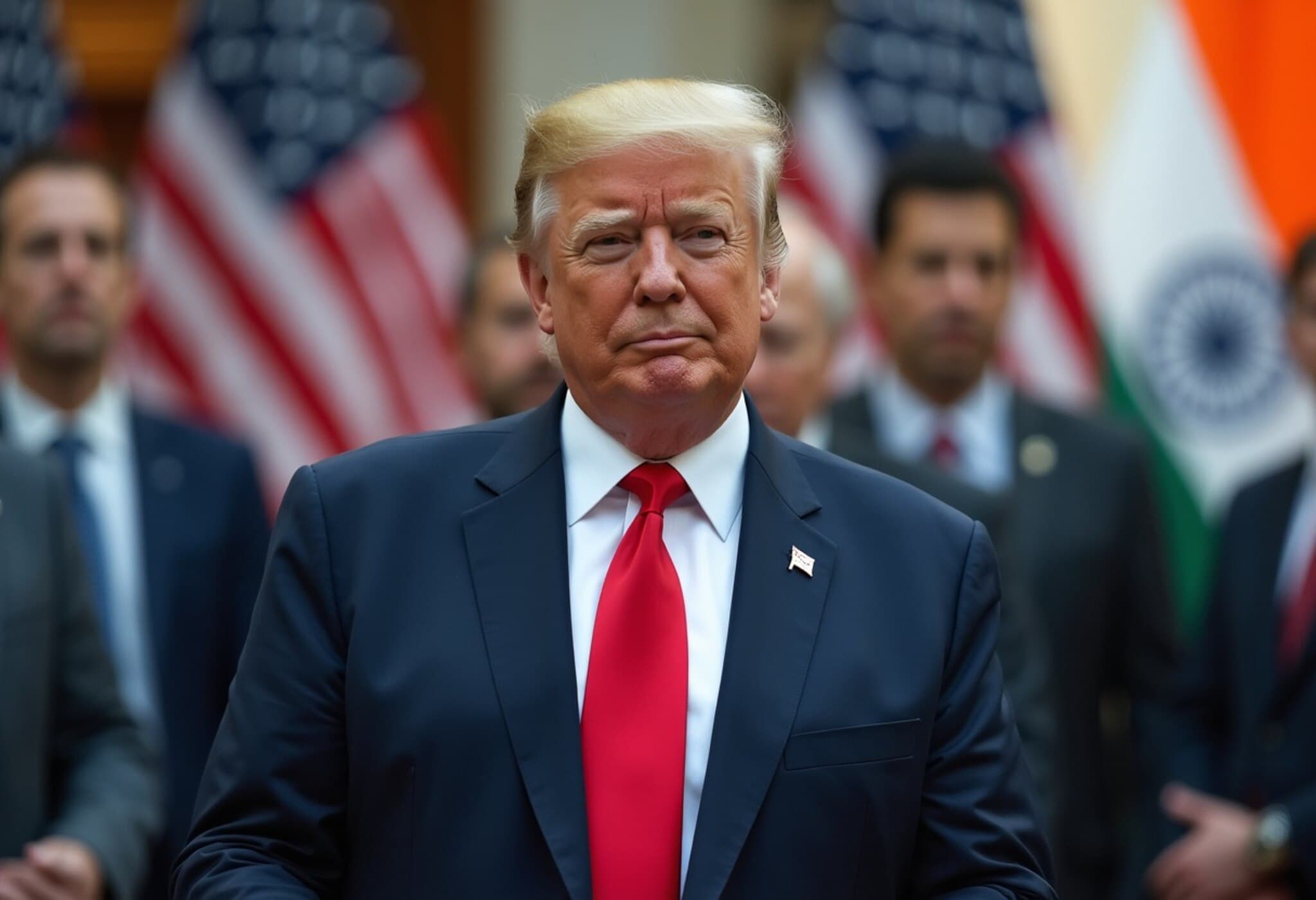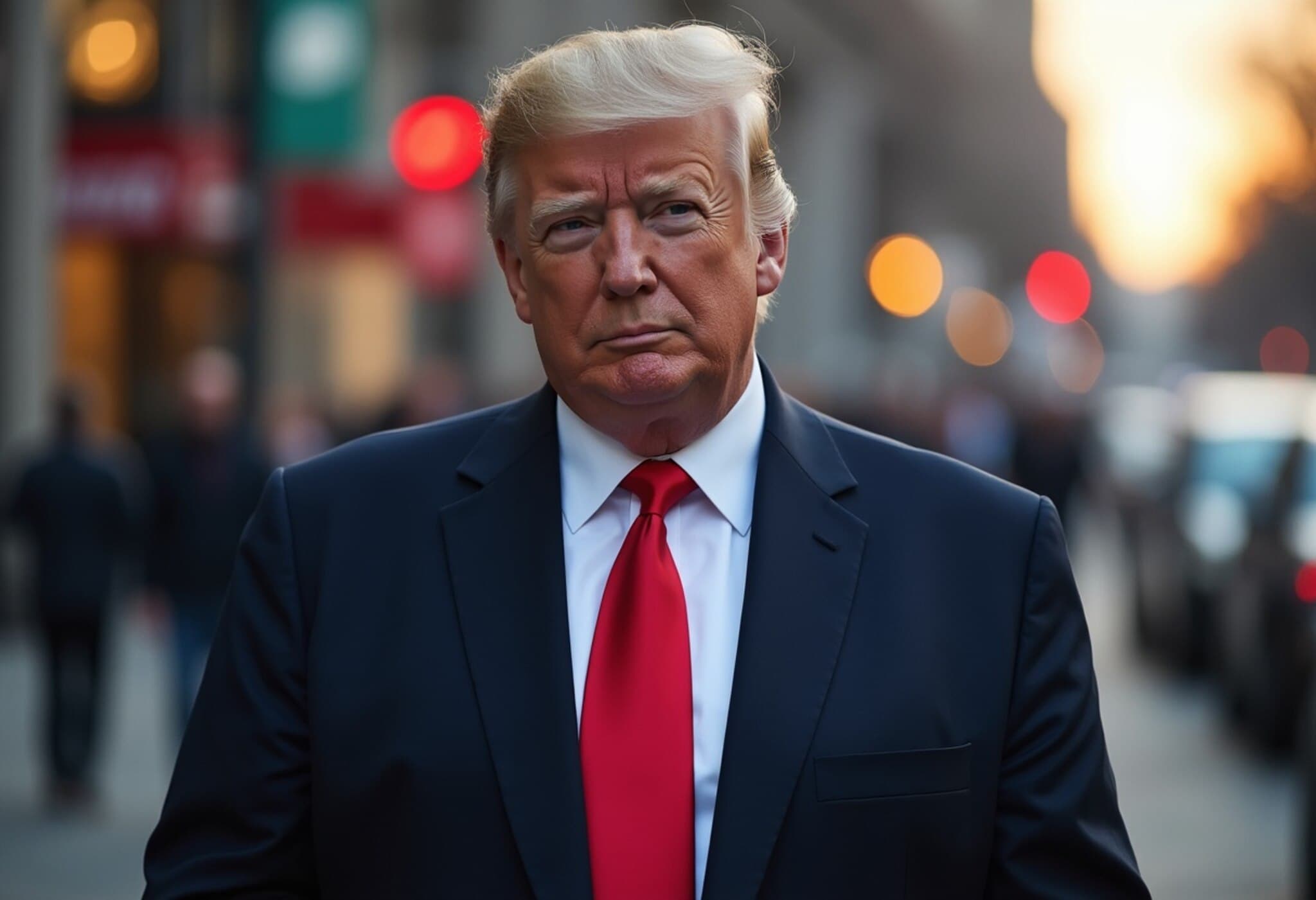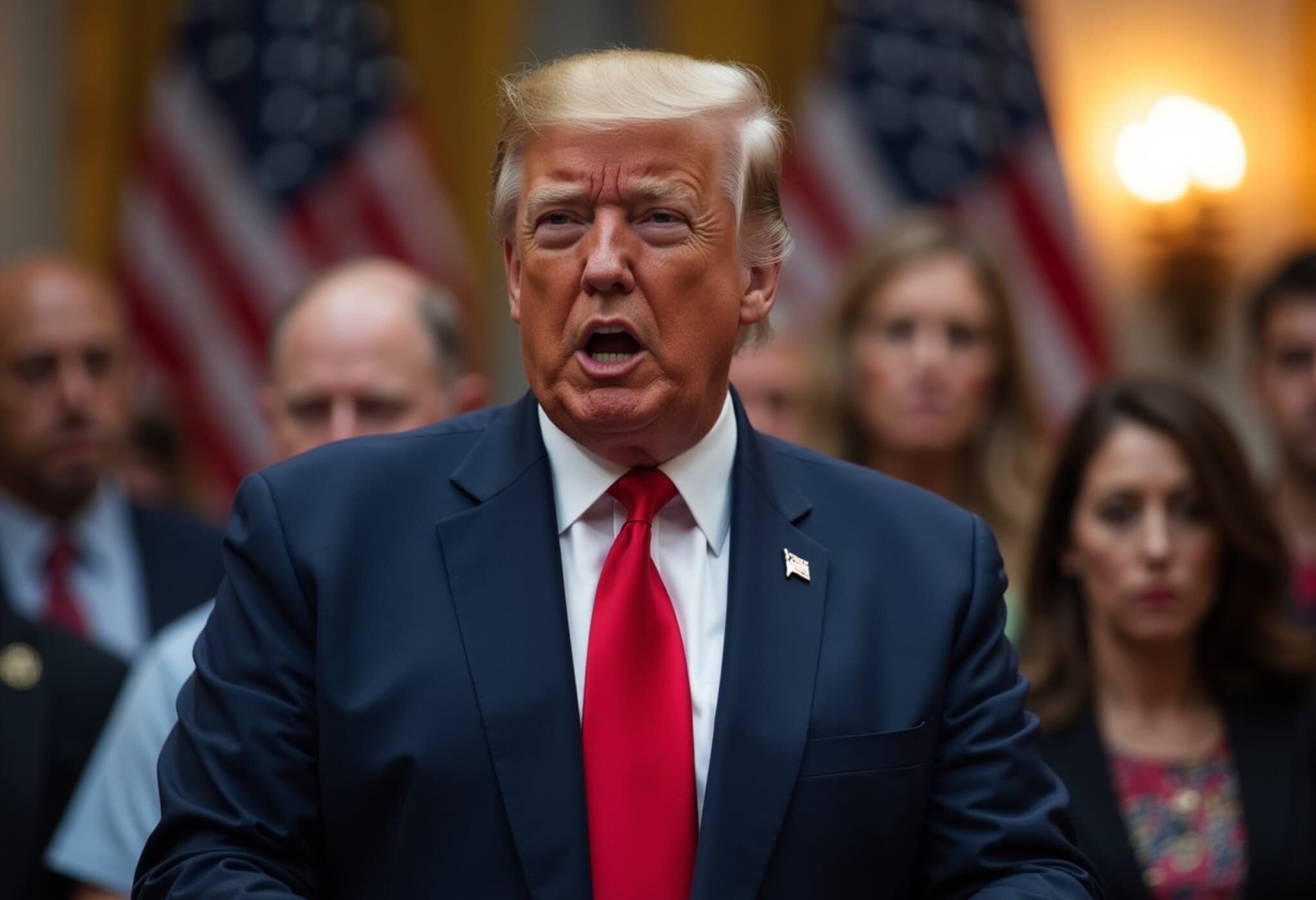UN Trade Chief Sounds Alarm on Global Economic Risks from U.S. Tariffs
In a sobering forecast, Rebeca Grynspan, Secretary General of the United Nations Conference on Trade and Development (UNCTAD), has cautioned that the escalating tariffs imposed by the United States under the Trump administration could precipitate a damaging "cascade" effect on the already slowing global economy.
Tariffs Stir a Storm in Global Supply Chains
Grynspan highlighted that the recent U.S. tariffs are not isolated measures; they are creating waves that disrupt the fine-tuned balance of international trade. “We already observe substantial disruptions in the global supply chain,” she noted, emphasizing that companies—especially CEOs—are increasingly hesitant to invest or expand, crippled by unpredictable trade policies and eroding trust.
Such unpredictability directly undercuts the foundation of global commerce. Business leaders rely on steady, transparent trade environments to strategize and invest. Without this, global trade cools, undermining growth prospects for developed and developing countries alike.
Economic Impacts Hit Vulnerable Nations Hardest
The UN’s data underscores a troubling forecast: global economic growth is projected to shrink by about 0.5 percentage points, with global GDP growth revised downward from 2.8% to a mere 2.3% in 2025. This moderate dip masks graver consequences for developing economies.
UNCTAD warns that some of the world’s most fragile economies could see their exports slashed by more than half. For instance, Cambodia, where exports to the U.S. make up over 10% of its GDP, might face losses exceeding $4.5 billion within four years. Industries such as garment manufacturing and travel goods stand at the frontline of this downturn.
“This cascade will endanger jobs and destabilize growth in vulnerable countries,” Grynspan stressed. With the layering of tariffs not only targeting direct products but also affecting those caught in transshipment routes—like Vietnam and Malaysia—the ripple effects extend beyond simple trade disruptions.
Complex Trade Negotiations Amid Rising Global Uncertainty
While it’s encouraging that dialogue continues between the U.S. and China, with hopes for renewing trade deals, Grynspan notes that such negotiations are not quick fixes. The prevailing climate of uncertainty hinders investment decisions worldwide, putting a damper on economic momentum.
Security Threats Compound Economic Pressures
Adding fuel to the fire, security risks in key maritime corridors exacerbate trade disruptions. Attacks on freight vessels by Houthi militants in the Red Sea have recently intensified, including the sinking of tankers, which poses both practical and financial challenges.
Marine insurance premiums have surged, increasing costs by approximately 1% of a vessel’s value—sometimes as much as $1 million. Furthermore, rerouting ships to avoid hotspots inflates fuel consumption, contributing an estimated 0.6% upward pressure on global prices. These factors intertwine with tariff impacts, creating a multifaceted threat to global trade stability.
Expert Perspective: What This Means Beyond the Headlines
From an American policy standpoint, the administration’s aggressive tariff stance reflects an effort to protect domestic industries and address trade imbalances. However, this strategy risks unintended consequences—not just abroad but also at home, as companies encounter supply chain headaches and consumers potentially face higher prices.
Experts argue that multilateral cooperation and transparent trade rules remain vital to sustaining growth. Countries relying heavily on exports to the U.S. are squeezed hardest, raising concerns about poverty, unemployment, and political instability in those regions. This underscores the need for policymakers to weigh tariffs’ short-term gains against their long-term, widespread fallout.
Looking Ahead: Navigating an Uncertain Trade Future
The intertwined nature of global trade, geopolitics, and security means the world faces complex challenges. As tariffs ripple through economies and maritime conflicts escalate, there is an urgent call for international dialogue that balances national interests with global economic health.
Without increased predictability and cooperation, uncertainty will continue to stifle investment and stymie growth—especially for countries that can least afford it.
Summary Box: Key Takeaways
- UNCTAD warns that escalating U.S. tariffs risk triggering a "cascade" effect, disrupting global trade and slowing economic growth.
- Least developed countries may suffer the most, with exports potentially shrinking by over 50%, threatening jobs and stability.
- Security threats in the Red Sea are compounding inflation and supply chain disruptions, increasing costs for global shipping and insurance.
- Trade negotiations are ongoing but complex, and the high uncertainty is currently dampening investment and global GDP growth.
- Policy balance is critical to avoid heightened economic volatility that could undermine gains made over previous decades.
Editor's Note
While tariffs are wielded as tools of economic policy and leverage, their broader consequences remind us that in a deeply interconnected world, protective measures can backfire—especially when they amplify uncertainty. The challenge ahead is crafting trade policies that safeguard national interests without fracturing the delicate web of global commerce, particularly for vulnerable economies that depend on open markets.






